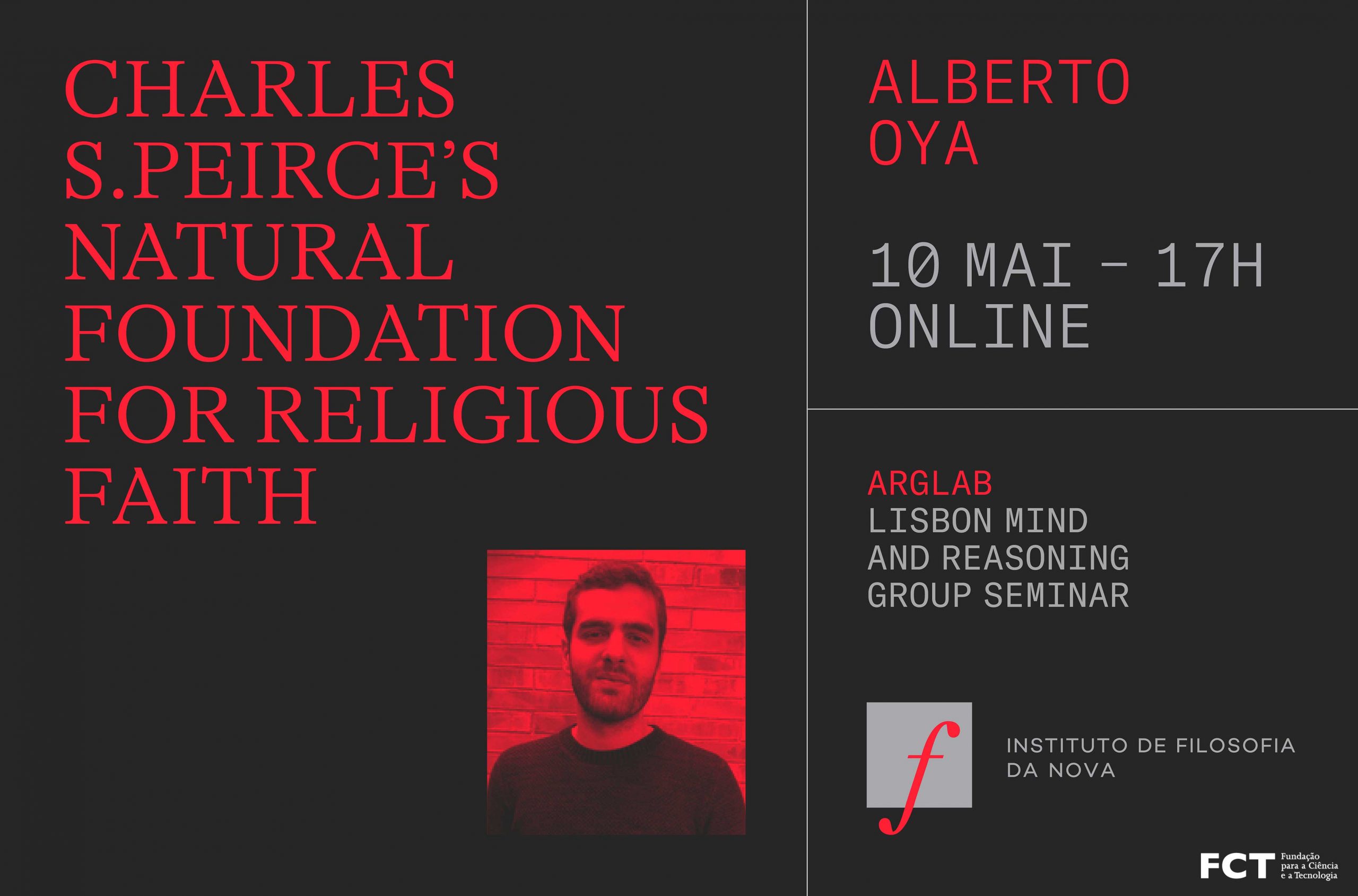Alberto Oya

The aim of this paper is to analyze Charles S. Peirce’s so-called “Neglected Argument for the Reality of God”. Peirce formulated the Neglected Argument as a nest of three different but sequentially developed arguments. Taken as a whole, the Neglected Argument aims to show that engaging in a religious way of life, adoring and acting in accordance with the hypothesis of God, is a subjective, non-evidentially grounded though naturally founded human reaction, and that it is this (alleged) natural foundation that makes it reasonable to accept the hypothesis of God as it being actually true, thereby grounding a properly religious way of life. I argue that Peirce’s Neglected Argument lacks of any serious apologetic force since it fails to justify, on independent, non-question-begging grounds, the claim that we are all naturally (and thus inevitably) lead to formulate, and later adore and act in accordance with, the hypothesis of God.

